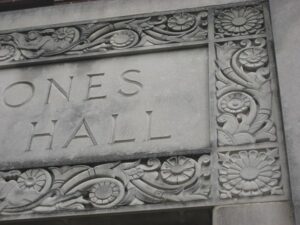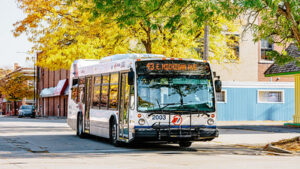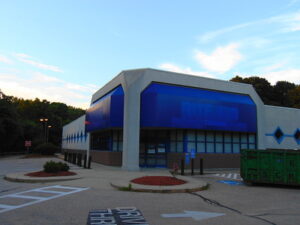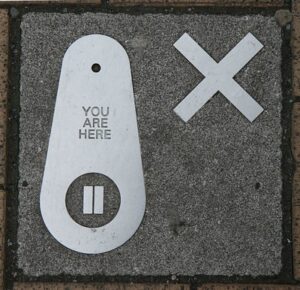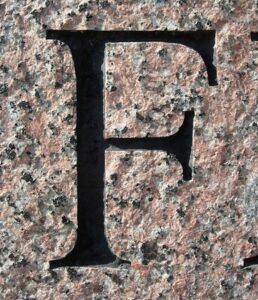WCC Trustees plan to rely on tuition increases to pay for future bond issues, but they may want to look at the Citizens’ Annual Lending Survey first. Affordability is playing a major role in students’ decisions to attend college.
Of more than 2,000 respondents, 7 out of 10 students said that their concerns regarding college affordability had “a moderate or high impact on fall 2021 enrollment plans.” From the same survey, more than 50% of student said that they worried about their safety on campus due to the pandemic. And more than one-third of the respondents said that the pandemic strongly influenced their fall enrollment plans.
For more than two decades, the WCC Trustees have relied on substantial tuition increases to pay for the College’s bond debts. Community colleges can ask the local taxpayers to provide separate funds for infrastructure and other projects. The WCC Trustees, however, prefer to offload these substantial costs onto the students instead.
The Citizens’ Annual Lending Survey shows clearly that students are keenly aware of their cost-of-attendance, and they’re performing cost-benefit analyses. Although the survey asked only about Fall 2021, the cost of attendance issue will be around for a while. Continual reliance on students to pay off the College’s bond debts is a non-viable strategy.
And according to former WCC CFO Bill Johnson, Washtenaw Community College plans to borrow heavily to pay for the construction of the “Advanced Transportation Center” and the Student Center renovation. Initially, the WCC administration proposed a $10 per credit hour “facilities fee” to cover the costs. That amounts to a 10% tuition increase in the cost of attendance for each student.
Tuition increases shouldn’t finance self-inflicted damage
Keep in mind that a substantial portion of the SC renovation costs consist of capital refresh projects that WCC has simply neglected to perform over time. Failing to perform these intermediate rehabilitations on the building merely increases their costs when WCC does perform them. WCC’s FY21 budget included a negligible budget for maintenance. And the building maintenance budget has been cut for several years running. The WCC administration’s strategy is to allow the buildings to fall apart.
The current plan is to pass these costs on to students, but the students may have a very different plan. If tuition increases are too onerous, they will simply not attend. Or they will postpone attendance for another time. In other words, some fraction of WCC’s student base will simply not enroll, or they will stop attending because they can’t afford it.
Relying on tuition increases to bail the WCC administration out of its history of poor spending decisions, inadequate maintenance and failure to perform capital refreshes on time is not a sustainable financing strategy. Borrowing against WCC’s General Fund will have long-term consequences for the school, its students, and the community as a whole.
We need more trustees who can make decisions based on what’s best for Washtenaw County. We need fewer trustees whose primary goal is to limit their own personal property tax bills.
Photo Credit: Jason , via Flickr











